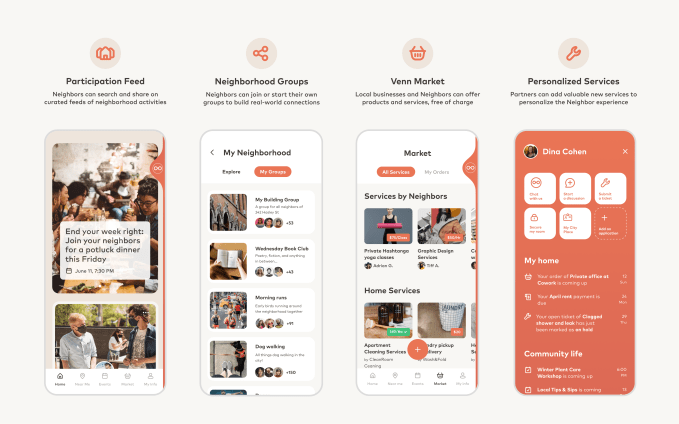News: FlixMobility raises $650M+ at a $3B valuation to double down on buses and other transport in the US
As consumers around the world slowly start to get moving again — and fingers crossed that new waves of Covid-19 cases do not set that back — one of the big players in on-demand mass transportation services is announcing a growth round to move with them. FlixMobility, the parent company of the FlixBus coach network
As consumers around the world slowly start to get moving again — and fingers crossed that new waves of Covid-19 cases do not set that back — one of the big players in on-demand mass transportation services is announcing a growth round to move with them. FlixMobility, the parent company of the FlixBus coach network and the FlixTrain rail service, has closed more than $650 million in a Series G round of funding that values the Munich-based company at over $3 billion.
Jochen Engert, who co-founded and co-leads the company with André Schwämmlein, described the round in a press call earlier today as a “balanced” mix of equity and debt, and said that the plan will be to use the funds to both expand its network in the U.S. market as well as across Europe.
New backer Canyon Partners, existing investors General Atlantic, Permira, TCV, HV Capital, Blackrock, Baillie Gifford and SilverLake, and the founders all participated in this round, which was oversubscribed, the company said, perhaps one reason why it’s not putting an exact figure on it since it could grow; the other reason is that, with debt, typically companies can easily borrow more if needed.
The size of the round and the raised valuation — it’s gone up by $1 billion since FlixMobility last raised in 2019 — are bold signs of how FlixMobility is coming out of the pandemic swinging, with investors backing its ambitions. Like others in the transportation and tourism industries, FlixMobility saw business essentially grind to a halt last year, putting it into a holding pattern to await brighter days. It’s telling that the figures it provides on its size — 62 million passengers traveled with the company in 2019 — predate the pandemic.
“The COVID-19 [pandemic] has been the most tremendous, the most challenging time for any mobility company,” said Schwämmlein in a conversation with journalists, “and obviously this also affected our business very heavily.” The company put safety measures in place, and even expanded some routes in select countries like Portugal and the UK, but mainly had to reduce or completely stop services in the last year. “We can be very proud on what we have delivered to our customers,” he added.
However, he continued that the company has been trying to focus instead on “the famous light at the end of the tunnel.”
“We see the pandemic situation is improving, vaccinations are picking up more and more, and it’s time for us to switch back to offense,” he continued. “The US is leading at the moment we are already above pre-COVID numbers in bookings in the U.S., EU and on the whole, European markets are picking up now following with a delay of one to two months. Therefore we are very optimistic on a travel and mobility rebounded summer effects nations proceed well.”
Pierre Gourdain, MD of FlixBus USA said that the company is aiming to add more buses to its U.S. fleet and expects that by July 4 it will be bigger than FlixBus was pre-pandemic in the country.
What’s less clear is what shape the new FlixBus will take. The company, back in 2019, talked about how its network — which some have described as the “Uber” for busses and trains, in that FlixMobility itself does not own the vehicles that run under its services, served some 29 countries and worked with 300 independent bus and train partners, creating some 350,000 daily connections to more than 2,000 destinations. With some of those partners inevitably disappearing in the last year, one big question will be whether FlixMobility, now armed with lots of debt capital, will be trying to take a firmer role in operating vehicles, alongside its primary objective of filling spaces on them.
More to come.





